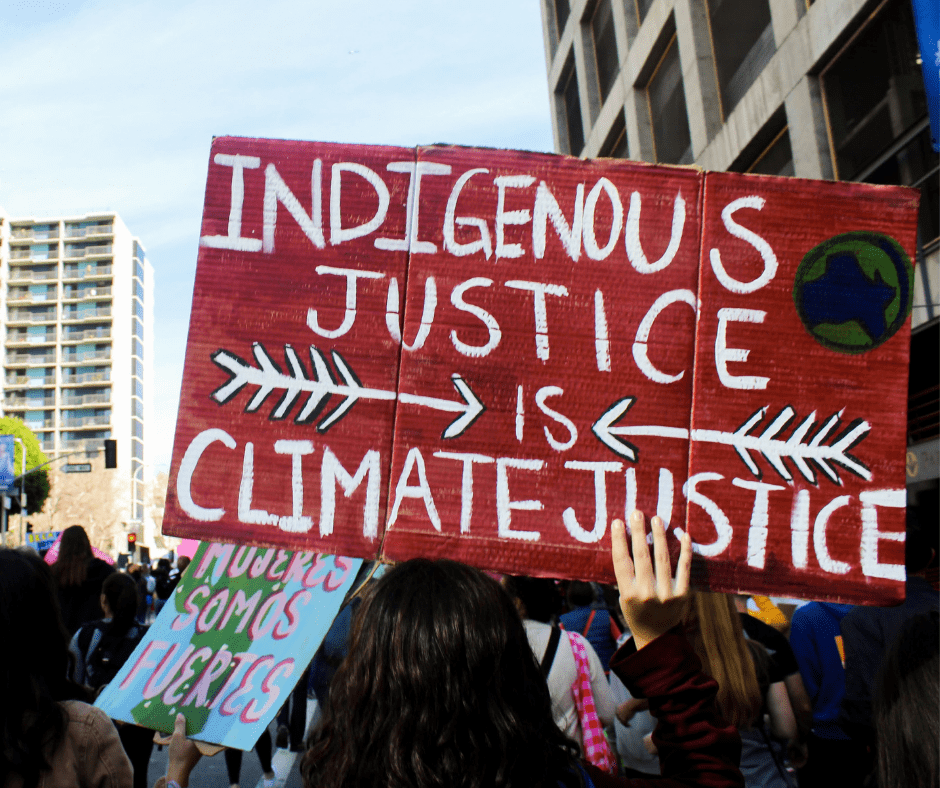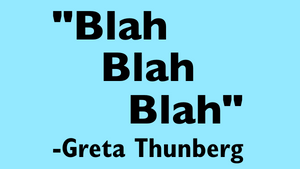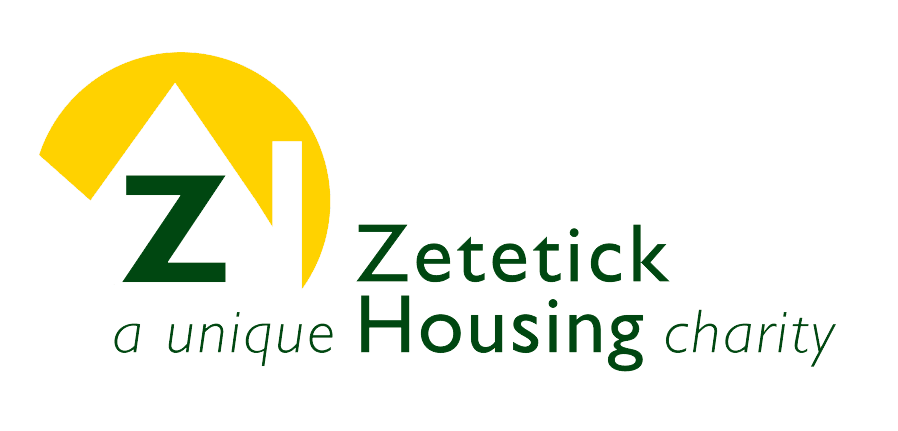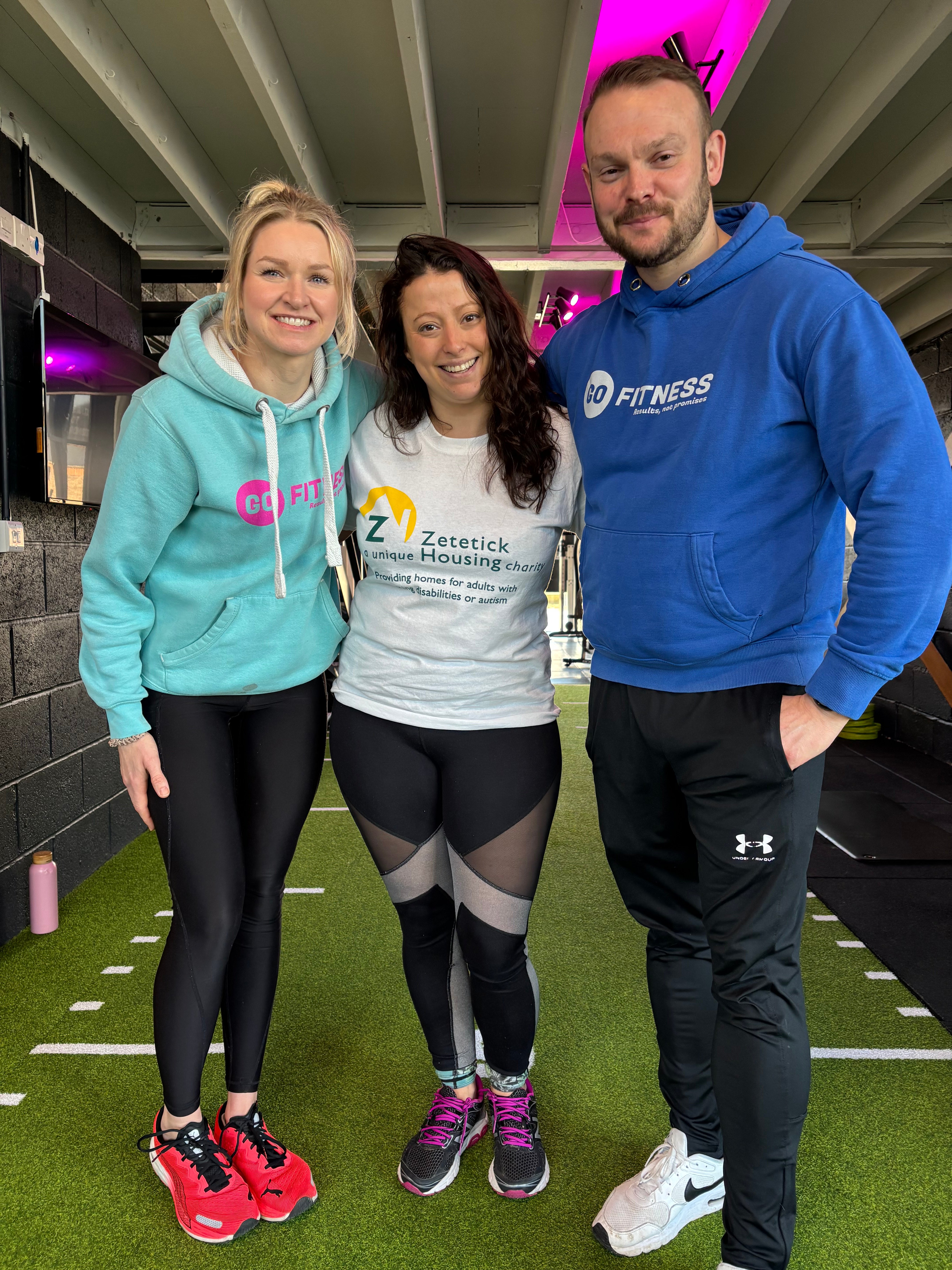Table of Contents
The discussion’s heating up – what was COP26?
Even if you hadn’t been following the discussions, you would’ve heard about COP26.
Climate change is the defining crisis of our time and it is happening even more quickly than we feared. Billions of tonnes of C02 are released into the atmosphere every year as a result of coal, oil and gas production. Human activity is producing greenhouse gas emissions at a record high, with no signs of slowing down. It’s more critical than ever that we face reality and get working on solutions together.
The past decade was the warmest on record and governments agree urgent collective action is needed to save our planet, before it’s too late. For COP26, 200 countries were asked for their plans to cut emissions by 2030. COP stands for “Conference of the Parties”, and this was the 26th annual global climate summit.
Under the Paris Agreement of 2015, countries were asked to make changes to keep global warming “well below” 2 degrees C – and to try to aim for 1.5 – in order to prevent a climate catastrophe.
The goal is to keep cutting emissions until they reach net zero in 2050, but does the pledge meet the goal?
A load of old COP?
The conference didn’t exactly get off to the best start. With all the private jets and gas guzzling vehicles shipping the world leaders to and from the summit, you wouldn’t think they were on their way to a conference supposedly aiming to save our planet from the climate crisis. The excessive fuel wastage seems counterproductive and somewhat ignorant to the work being done to improve the climate emergency.
Then we had the complete lack of accessibility of the event – Israeli minister Karine Elharrar couldn’t attend because it was not suitable for a wheelchair. The only options to gain access to the conference were either to walk or take a shuttle which was not wheelchair friendly. She was then made to wait outside the venue for 2 hours before having to return to her hotel in Edinburgh – another example of the oversight of disabled people. A formal complaint was made to the organisers.
Once the conference started, things didn’t exactly improve – it was bizarre to see Joe Biden appearing to fall asleep whilst being told “this conference is one of the most important meetings in history”.
After lots of discussions, the conference ended once a new deal was struck. Some leaders and campaigners, however, said the Glasgow Climate Pact did not go far enough. For example, pledges to cut CO2 emissions will only limit global warming to about 2.4 degrees C, whereas temperature rises need to be kept within 1.5 to prevent a “climate catastrophe”. The plan to reduce the use of coal was also weakened, as it was agreed to “phase down” rather than “phase out” its use. Major polluters, China and Russia, weren’t even in attendance.
Important groups sidelined

Disabled people weren’t the only important group to be sidelined in Glasgow.
Indigenous people were some of the hundreds who walked out of the venue on the last morning of the conference to protest that the summit was a farce.
Indigenous activist Ta’Kaiya Blaney of the Tla A’min Nation said
Cop26 is a performance. It is an illusion constructed to save the capitalist economy rooted in resource extraction and colonialism. I didn’t come here to fix the agenda – I came here to disrupt it.
Climate change and inequality
People in the Global South, including indigenous peoples, are struggling to deal with the bulk of the effects of climate breakdown – flooding, heatwaves, drought, wildfires and rising sea levels – even though they have contributed least to the causes of the crisis. Current as well as historical industrial fallout created by the Global North is the main cause of climate change.
It’s not just people in the developing world who are suffering disproportionately. Marginalised people in the UK – people of colour, disabled people, women – are more likely to face health and housing inequalities and so more likely to suffer from things like air pollution.
The future is now
In a recent global survey nearly 60% of young people said they felt very worried or extremely worried about climate change. Young people are going to bear the brunt of the climate crisis throughout their lives so deserve to have a say in discussions, and they are not impressed with the lack of progress being made by global leaders.
After COP25 ended 18 year old climate activist Greta Thunberg tweeted: “The #COP26 is over. Here’s a brief summary: blah, blah blah.”

As well as Greta there are lots of other young climate activists who are not only campaigning against the terrible effects they are seeing in their communities but working to make huge practical differences right now. This recent article in The Guardian profiled 20 Gen Z activists from around the world: https://www.theguardian.com/environment/2021/oct/17/gen-z-on-how-to-save-the-world-young-climate-activists-speak-out
The climate crisis – Actions not words
Zetetick Housing takes pride in acknowledging the importance of providing choice and inclusion for people with learning disabilities. Our values are the BEDROCK of everything we do and it is incredibly important that we align with those values, one of which is social responsibility. We all have a duty to create a better world for everyone and aligning with our values to us means demonstrating, doing and delivering.
Actions speak louder than words, so instead of making empty statements, we want to make this a reality. Read our recent article for the concrete mechanisms we have in place (and more in the pipeline) to become a greener charity.
Our Chair of Trustees, Martin, also spent 3 of his 20 years as a senior civil servant as environment and housing advisor in No.10. He currently has advisory roles on the impacts of climate change, so the charity is in good hands!





 Boost Your Estate Agency: Join Hike4Homes 2025-Show You Care
Boost Your Estate Agency: Join Hike4Homes 2025-Show You Care Giving: experience the joy of giving for free
Giving: experience the joy of giving for free Charity Donations | 3 reasons for bountiful giving
Charity Donations | 3 reasons for bountiful giving Life partners - Rosie's story
Life partners - Rosie's story Meet Zetetick trustees - An interview with Natasha
Meet Zetetick trustees - An interview with Natasha